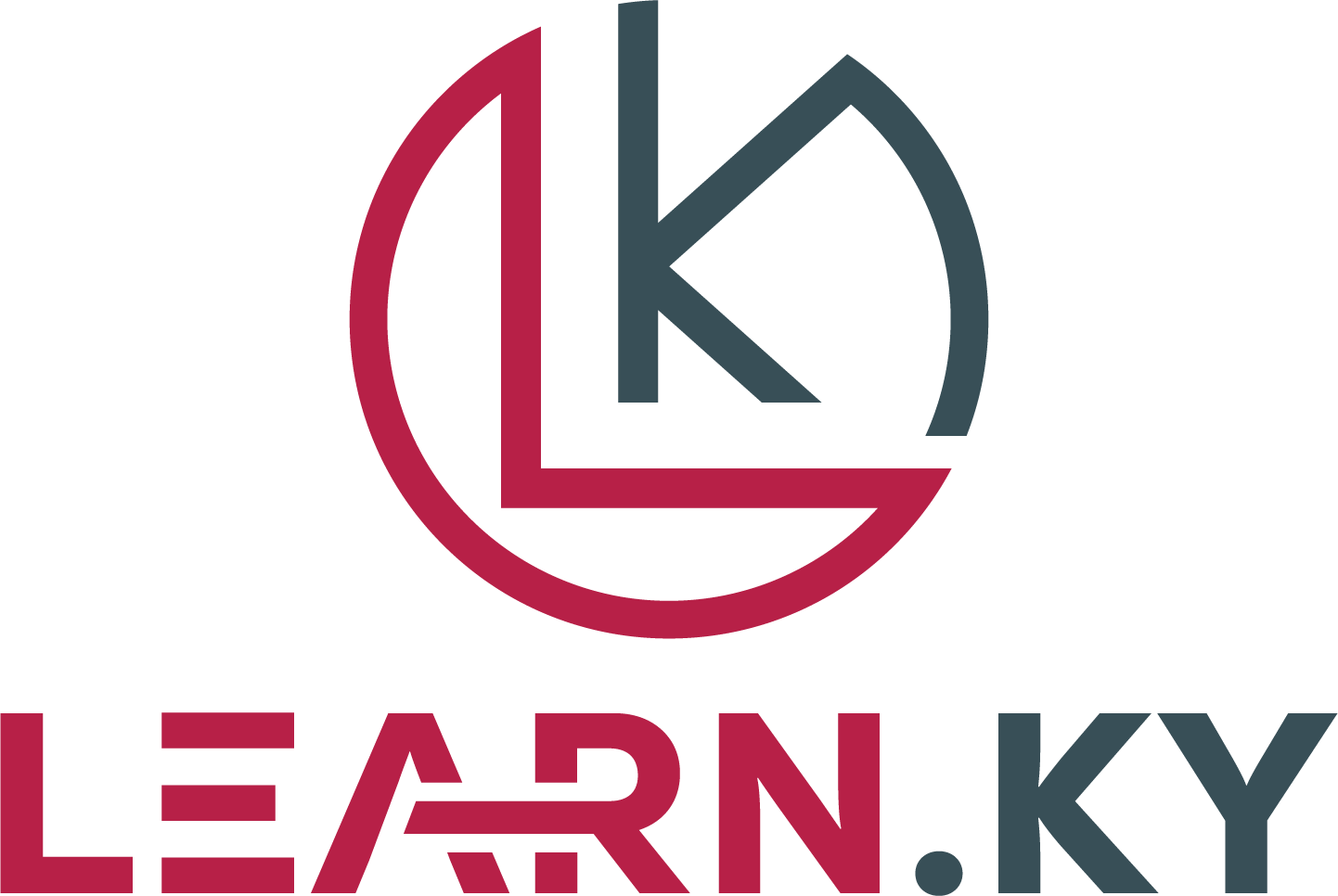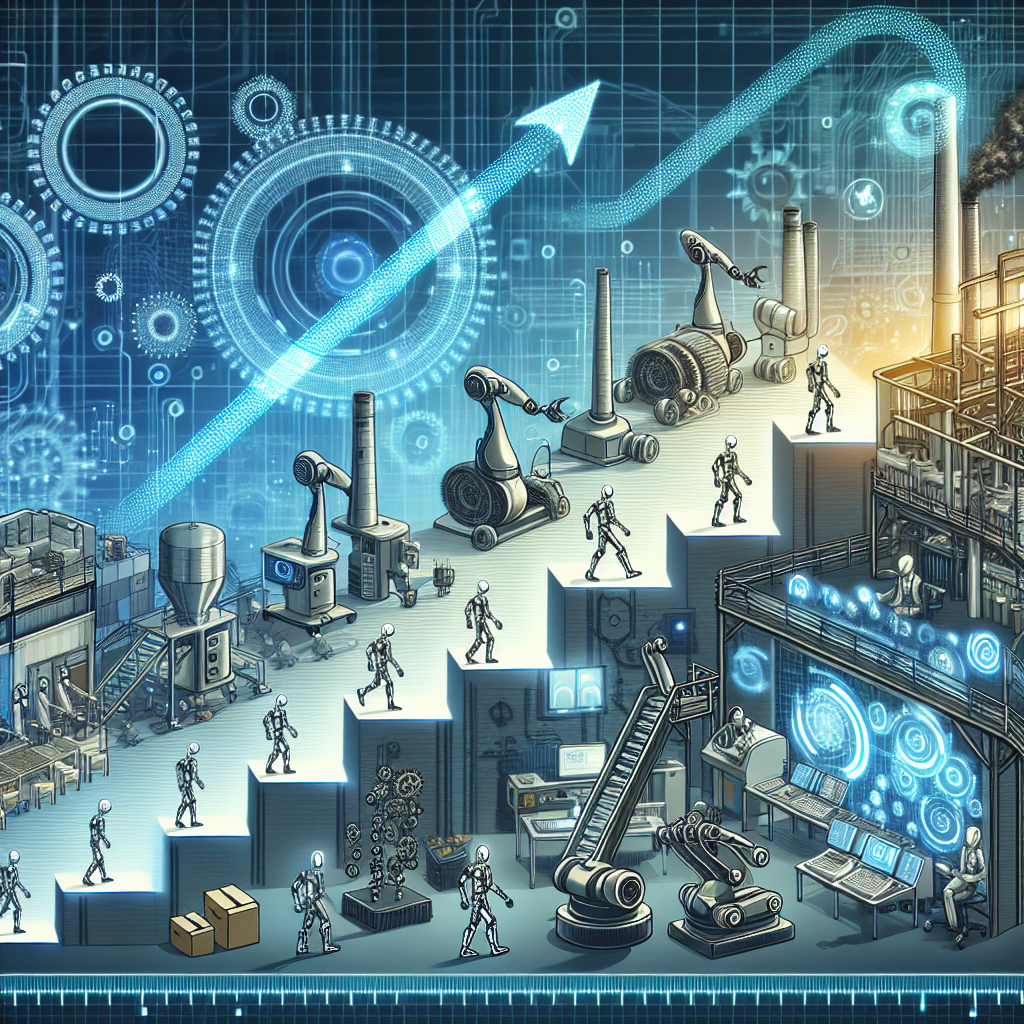AI has been making waves across industries, with its ability to analyze data, learn from patterns, and make decisions without human intervention. In the context of manufacturing, AI is poised to revolutionize every aspect of the production cycle, from design and planning to production and maintenance. By leveraging AI technologies such as machine learning, deep learning, and computer vision, manufacturers can optimize their operations, minimize downtime, reduce waste, and improve overall profitability.
One of the key areas where AI is already making a significant impact is predictive maintenance. By analyzing vast amounts of data collected from sensors embedded in machines, AI algorithms can predict when a machine is likely to fail and schedule maintenance proactively, thus minimizing disruptions to the production line. This not only saves time and money but also improves the overall reliability of the manufacturing process.
AI is also being used in quality control, where it can inspect products in real-time using computer vision algorithms to detect defects or anomalies. This not only ensures that only high-quality products make it to the market but also helps manufacturers identify issues early in the production process and make necessary adjustments.
Another area where AI is set to transform manufacturing is in supply chain management. By analyzing historical data, market trends, and other variables, AI can optimize inventory levels, streamline logistics, and improve demand forecasting, enabling manufacturers to operate more efficiently and respond quickly to changing market conditions.
The future of AI in manufacturing is not just about automation but about creating more adaptive and intelligent production systems that can learn, adapt, and evolve over time. This requires a shift in mindset, where manufacturers no longer see AI as a threat to human jobs but as a tool that can augment human capabilities and create new opportunities for innovation.
In conclusion, the evolution of AI in manufacturing is not just a technological advancement but a strategic imperative for companies looking to stay competitive in today’s fast-paced and dynamic marketplace. By embracing AI and leveraging its capabilities, manufacturers can unlock new levels of efficiency, productivity, and profitability, ultimately shaping the future of manufacturing as we know it. It is clear that AI is here to stay, and the time to embrace its potential is now.










